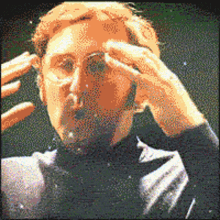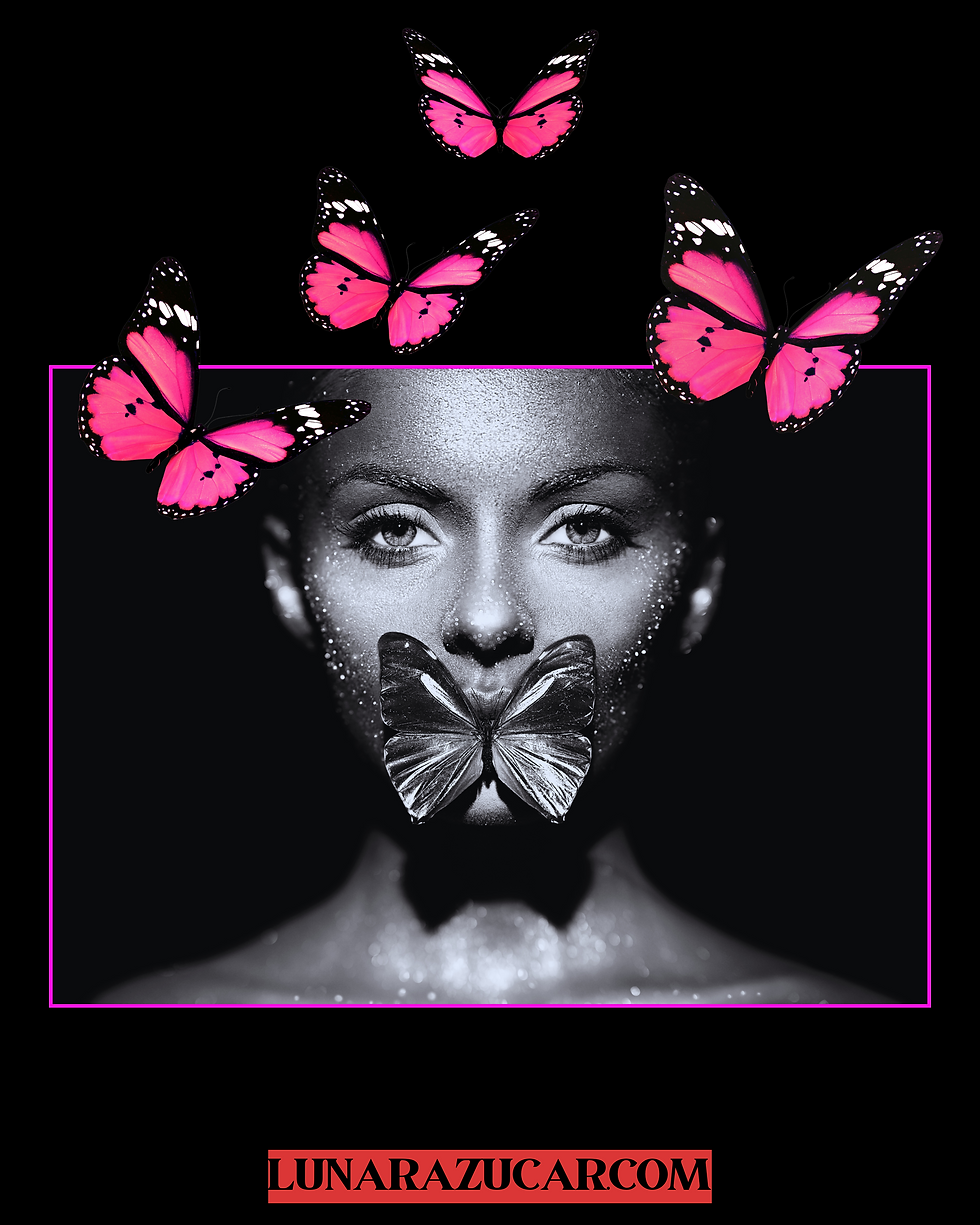What Is The Underworld Anyways?
- Maria Luna
- Feb 5
- 4 min read
Updated: Aug 1
How the Underworld Controls Your Modern Life
By Maria Luna

I. MYTHOLOGY

Let’s take a look at the Underworld through the lens of ancient mythology.
As you can see, this concept is found in virtually every corner of the world. Though certain details vary among cultures, the Underworld is universally depicted as a subterranean realm where the spirits of the dead reside. In each culture the Underworld is guarded by various fascinating beings, such as the notorious Cerberus of Greek mythology.

Many world mythologies feature stories of gods and mortals alike traveling to the Underworld to face trials, seek special knowledge, reclaim loved ones from the dead, or gain magical powers.
In essence the Underworld is a cross-cultural, pre-Christian concept of the place we go when we die. It is a specific terrain with many interesting characters that are neither overtly good or bad.
Unlike the Christian notion of hell, it is not a place of eternal punishment for sins committed while alive. It is merely the realm of the dead for everyone!
II. THE POWER OF SYMBOLISM

Mythology and folk tales are common to every intelligent culture in the world! Before the Church persecuted people for having their own beliefs, and before dogmatic science purported to explain why all mythology, magic and religious belief is nothing more than childish fantasy, human cultures have always put great store in their mythology.
It may seem foreign to our conditioned modern minds, but mythology was a profoundly accurate, albeit symbolic way to map out reality.
For those who have the eyes to see, ancient mythology not only reveals glimpses into the daily realities of cultures from long ago.
It also symbolically points to realities in our world, our lives, and our psyches today even as modern people.
In many cases science slowly catches up with what older cultures have always known, and merely used different language to describe.
So, what does the Underworld really SYMBOLIZE , and how can we put that into modern terms?
III. THE UNCONSCIOUS
Greek Mythology, one example of a tradition with very rich Underworld stories, is believed to have originated as far back as AT LEAST 8th century BCE.
Well, fast forward nearly 3000 years. The year is 1916. A brilliant Swiss psychiatrist by the name of Carl Jung publishes Psychology of the Unconscious, a work exploring the concept of the unconscious mind.
Jung’s work on the unconscious, and the term he later coined, the “shadow”, would go on to become seminal in the fields of both psychology and mysticism, forever more influencing doctors, scholars and spiritual seekers around the world.


Carl Jung, a way-ahead-of-his-time genius in my humble opinion, essentially created a map of the unconscious and the human psyche, through his life’s work.
What do Carl Jung’s unconscious, and the Underworld of mythology have in common?
Simply put, the Underworld is a metaphor for the unconscious!

I believe ancient cultures used mythology to point to the deeper realities of the unseen realms of existence, including the human psyche.
(However, who’s to say that this realm of the dead we find in so many ancient stories isn’t also a literal place? None of us can really answer that question until we die...)

Whatever the case, it is certain that when we examine Underworld mythology, we find profound correlations to internal processes that we universally experience as humans. Viewing mythology and stories in a symbolic lens, can deeply increase self awareness and understanding!
In Greek myth, Orpheus braved the dangers of the Underworld to bring his lost love Eurydice back from the dead. In Jungian psychology, it is among our greatest tasks in life— the hero or heroine’s journey— to confront the shadowy realm of the unconscious, for the sake of our personal growth, creative flourishing, and self transcendence.
IV. IN CONCLUSION
Before modern psychology, ancient cultures who were very in touch with the unseen realms of existence connected to and mapped out the unconscious through mythology. They called it the Underworld.
In order to get to know ourselves, and the forbidden repressed parts of ourselves (also known as the “shadow”) better, we can study ancient mythology and the cross-cultural concept of the Underworld, and reflect upon how it may symbolize our own deep internal experience.
In many ways the Underworld is synonymous with Jung’s concept of the unconscious. However, for all any of us know it is also very possible that the Underworld of ancient mythology is a real place we will visit upon death ;)
FIN.
P.S. If you like this sort of freaky spooky thing and are interested in getting to know your own Underworld better (for the sake of personal growth of course)...
check out my offering of 1:1 Shadow Love Sessions:




Comments